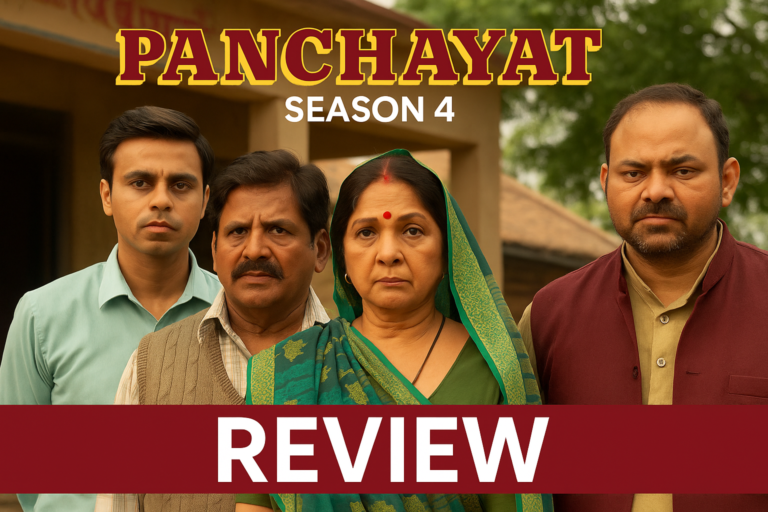Pavel Durov is a man of innovation and defiance. He’s famously known for cofounding Telegram, a messaging app used by millions around the world. But how did this Russian entrepreneur become one of the most prominent figures in global tech? And after being arrested recently by French authorities, why has he repeatedly made headlines and managed to stay there?
The Visionary Behind Telegram

Born on October 10, 1984, in Leningrad (now Saint Petersburg), Russia, Pavel Durov is known to be a maverick in technological innovation. He shot to fame when he founded VKontakte (VK), Russia’s largest social networking platform, called the “Facebook of Russia.” VK’s overnight success was a manifestation of Durov’s acute knowledge of social media and user penetration.
But Durov’s time at VK was brought to a halt when Russian authorities began pressuring him. In 2014 he was ultimately forced to sell his shares and leave the company, as he had grown increasingly worried about government surveillance and censorship. This event only intensified his drive to build a platform that could not be compromised by governments.
So, in 2013, Telegram was created. The messaging app gained fast popularity because of its commitment to privacy, encryption and security. Unlike most other platforms out there, Telegram doesn’t share user data with governments which is why activists, journalists, and anyone who wants a bit more privacy love it.
Why Was Pavel Durov Arrested in France?
The news of Pavel Durov’s arrest by French authorities was a surprising one. Not just because he was a high profile figure, or because he had done so much for technology, but also because we all just wondered: Why?
The arrest was made as part of an investigation into Telegram’s use by criminal organisations. French officials have become increasingly worried about the proliferation of the app in conducting illegal activities, including terrorism, drug trades and other forms of organised crime. Telegram’s encryption services and promise of privacy have made it a popular site for those hoping to avoid being tracked by police.
Reports said French officials were investigating how Telegram was potentially being used to coordinate illegal activity in France, leading to Durov himself and allegations that the messaging app had not been fully cooperating with the country’s law enforcement agencies. Durov has always maintained that Telegram does not give terrorists a place to hide but says the strong encryption means official security services can’t eavesdrop either.
Durov’s Stance on Privacy and Freedom
Pavel Durov’s arrest brings to the fore the age-old clash between privacy advocates and government authorities. Durov has always publicly argued for privacy and freedom of speech. It is a stand that has both made him a hero and got him into troubled waters depending on which side of the argument you are.
Durov personally embodied the main concept of the project one hundred percent, which is, primarily, the preservation of the user’s anonymity. For instance, he has become infamous for his stand against what the government wanted him to share with users such as data among other things even if the pressure applied was immense. This commitment to their users’ privacy has made Telegram so popular, but it’s also what has gotten the attention of governments y round the world.
Durov has claimed that privacy is one of the key human rights and that the technology has to be used to support people’s action instead of turning into an instrument of control. Telegrams believe in this and have incorporated it in their set policies and how they have been conducting their operations across the world.
What Happens Next?
Due to the arrest of Pavel Durov in France, the dispute between privacy rights and freedom of speech will doubtless be revived soon. As governments fight to defeat encrypted communications which they claim are the basis of the radicalization process, such companies like Telegram are in the middle of this contest and often times can be under pressure.
Fortunately, the issue at the moment has been handled by Durov’s legal advisors, who stressed that, while Telegram has always been clear on its policy, it has previously assisted the police in their work within the framework of the company’s adherence to the privacy policy. The result of this case may potentially affect not only the encrypted communication platforms but also the society in general.
Conclusion
The arrest of Pavel Durov only shows that tech innovators who put such emphasis on privacy are in a world that is more concerned with security. A right to private communication has become a major mission of Pavel Durov, a co-founder of Telegram; at the same time, commitment to freedom has also turned the entrepreneur into an adversary of Russian authorities. The effect of his arrest will be undoubtedly monumental in shaping the state of the future of the tech industry and privacy laws for the global spectator arena of human rights and civil liberties against state security.

















+ There are no comments
Add yours